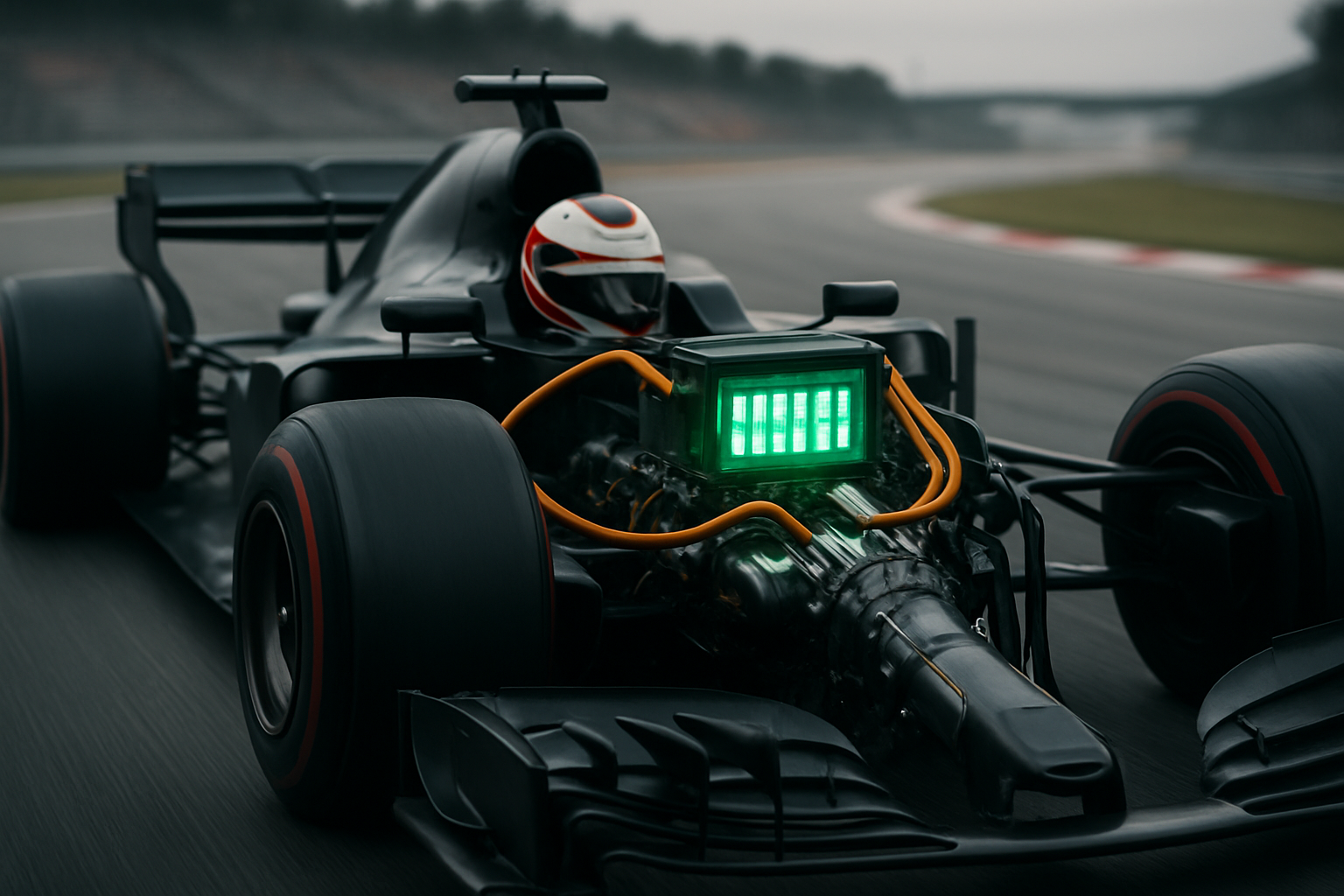Synthetic Fuels: The Key to Sustainable Motorsports
Imagine the roar of high-performance engines echoing through a racetrack, but with a surprising twist – the cars are running on fuel created in a laboratory. This isn't science fiction; it's the potential future of motorsports, powered by synthetic fuels. As the automotive world grapples with environmental concerns, synthetic fuels are emerging as a promising solution to keep the spirit of racing alive while reducing carbon footprints.

A Racing Revolution
The world of motorsports has always been at the forefront of automotive innovation, and synthetic fuels are no exception. Formula 1, the pinnacle of racing technology, has announced plans to integrate synthetic fuels into its sustainability strategy. This move could potentially allow the sport to maintain its high-octane excitement while significantly reducing its environmental impact. Other racing series, from endurance racing to rally, are closely watching these developments, with some already conducting tests using synthetic fuel blends.
Performance Without Compromise
One of the most compelling aspects of synthetic fuels is their ability to deliver performance comparable to traditional petroleum-based fuels. In fact, some synthetic fuels can be engineered to have higher energy density and cleaner combustion properties. This means race cars can maintain their blistering speeds and thunderous sound, all while emitting fewer pollutants. For racing purists, this represents a best-of-both-worlds scenario – preserving the visceral thrill of motorsports without sacrificing environmental responsibility.
Bridging the Gap to Electric
While electric vehicles are making significant inroads in consumer markets, the transition in motorsports faces unique challenges. Battery weight, range limitations, and charging times pose significant hurdles for endurance racing and other high-intensity motorsport disciplines. Synthetic fuels offer a bridge technology, allowing existing internal combustion engine designs to continue competing while dramatically reducing their carbon footprint. This could provide valuable time for electric technology to mature and overcome its current limitations in high-performance applications.
Challenges and Opportunities
Despite their promise, synthetic fuels face several obstacles on the road to widespread adoption. The production process is currently energy-intensive and expensive, making synthetic fuels significantly costlier than conventional fuels. However, as technology improves and production scales up, these costs are expected to decrease. There’s also the challenge of building the necessary infrastructure for production and distribution, which will require significant investment.
Beyond the Racetrack
The implications of synthetic fuels extend far beyond motorsports. As the technology matures, it could find applications in other hard-to-electrify sectors such as aviation and shipping. For the automotive industry, synthetic fuels could offer a way to extend the lifespan of existing vehicle fleets, providing a more gradual transition to zero-emission technologies. This could be particularly significant for classic car enthusiasts, allowing vintage vehicles to remain operational with a reduced environmental impact.
The Road Ahead
As motorsports and the broader automotive industry navigate the complexities of a sustainable future, synthetic fuels represent a compelling path forward. They offer the potential to preserve the heritage and excitement of internal combustion engines while aligning with global efforts to reduce carbon emissions. While challenges remain, the ongoing research and development in this field are promising. As synthetic fuels continue to evolve, they may well become a crucial component in the complex puzzle of sustainable transportation, both on and off the racetrack.
In conclusion, synthetic fuels stand at the intersection of tradition and innovation in the automotive world. They embody the spirit of ingenuity that has always driven motorsports forward, offering a solution that could keep the engines running and the crowds cheering for generations to come. As we look to the future of sustainable mobility, synthetic fuels may prove to be the high-octane answer to one of the industry’s most pressing challenges.





